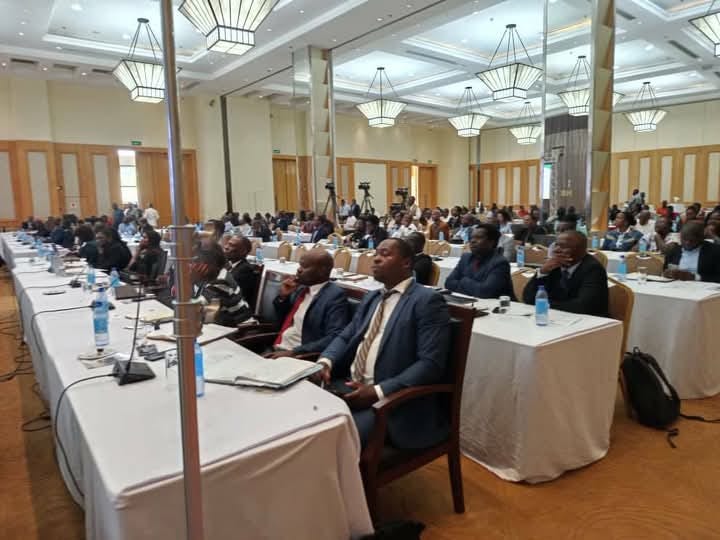Malawi Shifts to Tax-Based Budget, Seeks Further IMF Support Amid Economic Reforms
The Finance Minister reported mixed economic results over the past year.
LILONGWE, Malawi — Malawi's government announced plans Monday to fund its upcoming 2025–26 budget primarily through tax revenue rather than borrowing while pursuing additional support from the International Monetary Fund amid ongoing economic challenges, write Winston Mwale & Pemphero Mpho Musowa.
Finance Minister Simplex Chithyola Banda outlined the strategy during a Pre-Budget Consultation meeting at the Bingu International Conference Centre in Lilongwe, emphasising fiscal consolidation while maintaining financial sector stability.
The government seeks a second disbursement from its $175 million IMF credit facility.
The Fund has released only an initial $35 million, with the first review of program implementation remaining incomplete more than a year after launch.
"Given the current economic climate, it is essential for Malawians to collaborate in identifying key areas for the budget to focus on," Banda said during the meeting.
The Finance Minister reported mixed economic results over the past year.
"Domestically, the country has worked tirelessly to stabilise inflation, strengthen its currency, and improve public service delivery," he said.
"However, we continue to face persistent economic hurdles."
Banda cited global challenges affecting Malawi's economy, including geopolitical tensions, fluctuating commodity prices, and the negative effects of climate change.
Economics Association of Malawi President Bertha Bangara Chikadza criticised the government's current agricultural spending priorities, particularly its subsidy programs.
"Double financing of maize consumers has drained huge resources that could have transformed agriculture through mechanised and irrigation farming," Chikadza said, referring to simultaneous funding of the Affordable Inputs Program and maize purchases.
The association recommended reducing dependency on donor funding in future budget planning, citing unreliable foreign aid commitments that have hampered budget execution.
Heatherwick Njati, Principal Secretary for Administration in the Ministry of Finance and Economic Affairs, called for constructive contributions to the consultation process.
"The budget can only produce the desired and needed results if we get our National priorities right and identify clear and impactful attainable goals from the onset," Njati said.
The meeting included key government officials such as National Planning Committee Director General Dr. Thomas Munthali and Malawi Revenue Authority Commissioner General Daniel Dominic Daka, along with representatives from various civil society organisations.
The consultation marked the first in a series of national meetings planned across all regions of the country, aimed at gathering input for the upcoming fiscal year's budget planning process.
The government emphasised that these consultative meetings will provide a platform for diverse stakeholders, including the business community, non-governmental organisations, faith-based organisations, youth representatives, and academia to present their views and proposals on the 2025/26 National Budget.


